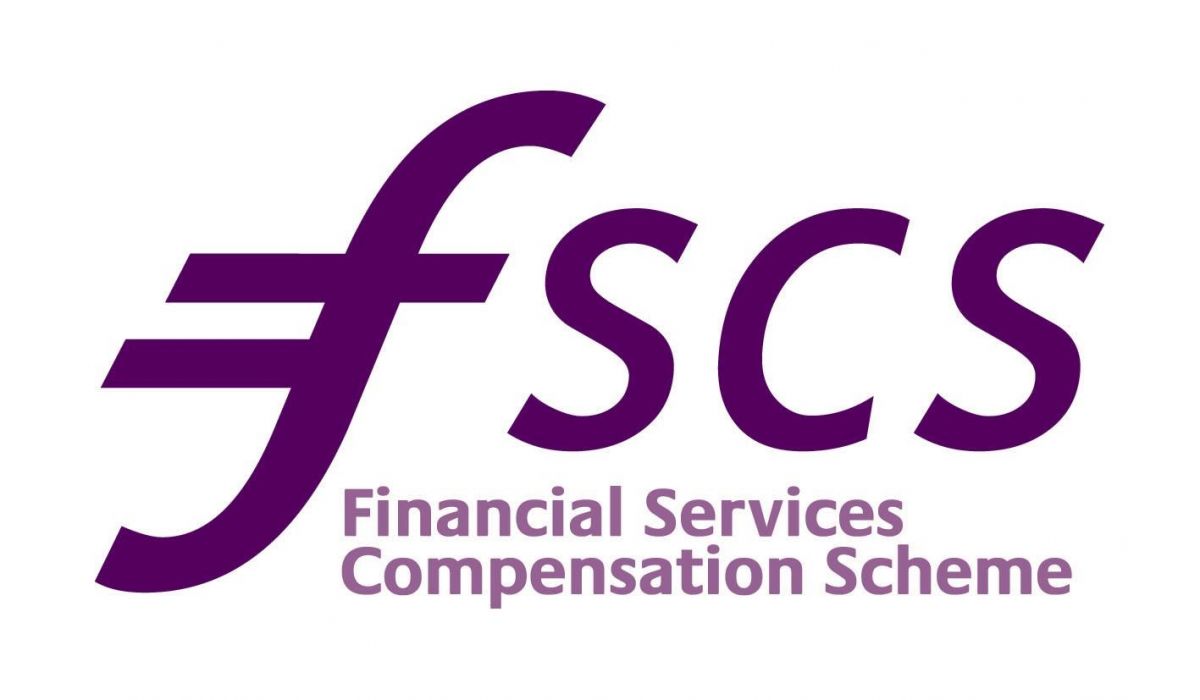Half of Gen Z (49%) have been excluded from social plans because of their financial situation, Wealthify has found.
Research by the firm showed that as the cost of living crisis continues to loom large, over half (51%) of Gen Zs admit they feel on the fringes of their friendship group because of their financial situation, more than any other generation.
Half (50%) of Gen Zs also reported feeling pressure to attend social events to 'save face' and then suffering financially as a result.
Wealthify found that Brits are collectively spending £5.8bn a month on maintaining a social life, with £3.8bn of their monthly personal income being spent on keeping up appearances and 'fitting in'.
It was also revealed that 42% of Gen Z and millennials sometimes, frequently or always miss social events because of money worries, compared to just a quarter (24%) of baby boomers.
Three in 10 (31%) UK adults have felt under pressure to socialise to ‘save face’ and have suffered financially as a result.
Delving into why these people put themselves under pressure to socialise, both mentally and financially, the principal reason for Gen Z was 'maintaining friendships' (46%). Other factors are boredom and loneliness (28%), and social media hype (16%).
Londoners were found to feel the most social pressure in friendship groups due to finances, more than any other region.
Over half (52%) of people living in the capital said that they feel on the fringes of their friendship group because of their financial situation, compared to 28% in Scotland and 30% in the North East.
Furthermore, almost half (48%) of Londoners find themselves excluded from social plans because of their financial situation, compared to just a quarter (24%) of people in Scotland.
Chief executive officer at Wealthify, Andy Russell, said: "It is clear that social spending is a charged issue, causing much angst, particularly amongst the younger generations. Our lives can feel overwhelmingly full around this time, and it is easy to feel you are losing track of your spending and struggling to save, particularly in a high-cost economy.
"Where possible, we want to help people develop good savings habits to help lessen the stress that periods of heightened spending can bring when they come around. Establishing good habits in the short term has long term positive impact on financial health and resilience, meaning that your finances don’t have to be a source of stress and social anxiety."
Latest News
-
Consumer finance lending totals £122bn in 2025
-
Metro Bank hits record growth in corporate and commercial lending
-
Intermediary confidence softens slightly in Q4 – IMLA
-
Record flows drive Quilter’s AUMA to £141bn
-
46% of IFAs in a network generate first commission in four weeks
-
Three fifths of cash ISA holders expect to not use full allowance
Mortgage Advice Bureau and AI in the mortgage sector
Chief executive officer at Mortgage Advice Bureau, Peter Brodnicki, and founder and managing director at Heron Financial, Matt Coulson, joined content editor Dan McGrath to discuss how Mortgage Advice Bureau is using artificial intelligence to make advancements in the mortgage industry, the limitations of this technology and what 2026 will hold for the market
Perenna and the long-term fixed mortgage market

Content editor, Dan McGrath, spoke to head of product, proposition and distribution at Perenna, John Davison, to explore the long-term fixed mortgage market, the role that Perenna plays in this sector and the impact of the recent Autumn Budget
NEW BUILD IN FOCUS - NEW EPISODE OF THE MORTGAGE INSIDER PODCAST, OUT NOW

Figures from the National House-Building Council saw Q1 2025 register a 36% increase in new homes built across the UK compared with the same period last year, representing a striking development for the first-time buyer market. But with the higher cost of building, ongoing planning challenges and new and changing regulations, how sustainable is this growth? And what does it mean for brokers?
Does the North-South divide still exist in the UK housing market?

What do the most expensive parts of the country reveal about shifting demand? And why is the Manchester housing market now outperforming many southern counterparts?
In this episode of the Barclays Mortgage Insider Podcast, host Phil Spencer is joined by Lucian Cook, Head of Research at Savills, and Ross Jones, founder of Home Financial and Evolve Commercial Finance, to explore how regional trends are redefining the UK housing, mortgage and buy-to-let markets.
In this episode of the Barclays Mortgage Insider Podcast, host Phil Spencer is joined by Lucian Cook, Head of Research at Savills, and Ross Jones, founder of Home Financial and Evolve Commercial Finance, to explore how regional trends are redefining the UK housing, mortgage and buy-to-let markets.
© 2019 Perspective Publishing Privacy & Cookies









Recent Stories